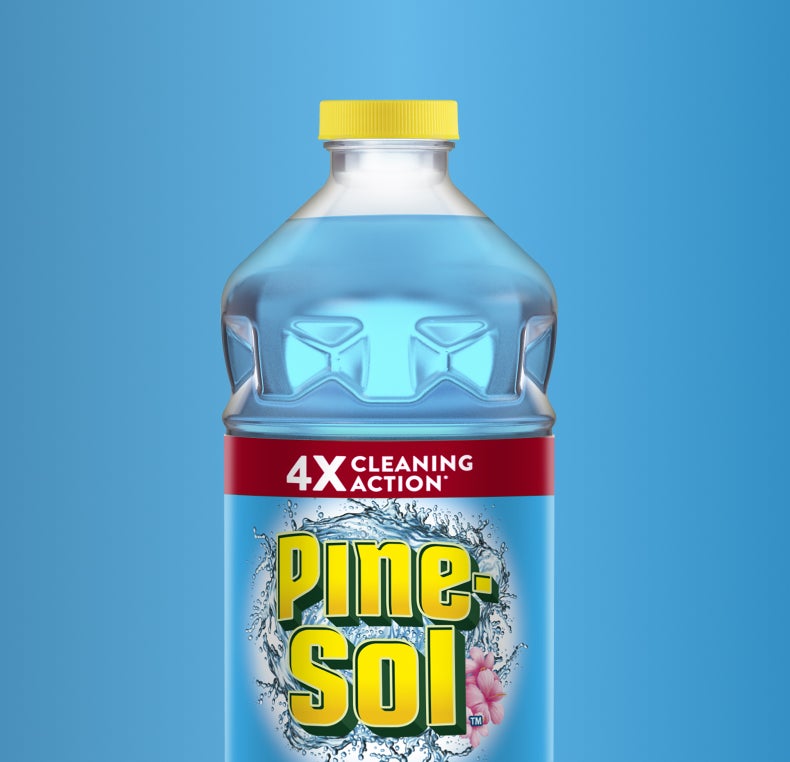In this article, we’ll address a common concern – the safety of Pine Sol for septic tanks. Many homeowners wonder whether this popular cleaning product can potentially harm their septic systems. We’ll explore the impact of Pine Sol on septic tanks and provide you with some valuable insights to help you make an informed decision. So let’s get started and uncover the truth about Pine Sol and its compatibility with septic tanks!
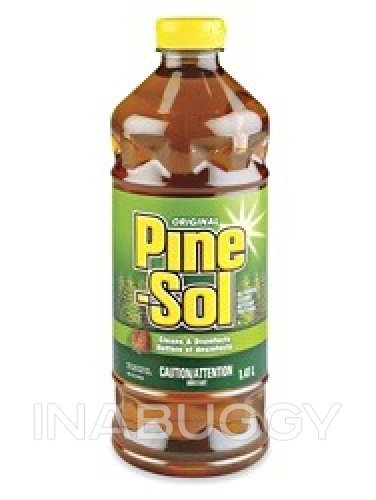
Understanding Septic Systems
How septic tanks work
Septic systems are an important part of residential and commercial sewage management, especially in areas where public sewer systems are unavailable. These systems are responsible for collecting, treating, and disposing of wastewater from our homes and buildings.
At the heart of a septic system is the septic tank, a watertight container usually made of concrete, fiberglass, or plastic. The tank serves as the primary treatment unit, where solid waste settles to the bottom and forms sludge, while oils and grease float to the top as scum. The liquid effluent, or wastewater, flows out of the tank and into the drain field, where it undergoes further treatment and percolates into the soil.
The importance of maintaining septic systems
Proper maintenance of septic systems is crucial to ensure their longevity and optimal performance. Neglecting regular maintenance can lead to costly repairs, contamination of groundwater, foul odors, and even health hazards. Septic tank pumping is recommended every three to five years to remove the accumulated sludge and scum, preventing blockages and system failures.
In addition to regular pumping, other maintenance practices include avoiding excessive water usage, being cautious about what is flushed down the drains, and using septic-safe products. Using harsh chemicals and non-biodegradable substances can have detrimental effects on septic systems and compromise their efficiency.
Impact of Chemicals on Septic Tanks
Chemicals that can harm septic systems
It is essential to be mindful of the chemicals we use in our household cleaning routines, as many common products can pose a risk to septic systems. Chemicals such as bleach, ammonia, drain cleaners, and certain antibacterial soaps contain harsh ingredients that can kill beneficial bacteria in the septic tank. These bacteria are responsible for breaking down solid waste and treating wastewater.
Additionally, the excessive use of chemical-based disinfectants, pesticides, and herbicides that may find their way into the septic system can disrupt the delicate balance of the tank’s ecosystem. The chemicals can kill bacteria, hinder the natural decomposition process, and contribute to the accumulation of solids in the tank.
Potential consequences of using harmful chemicals
Using harmful chemicals in septic systems can have severe consequences. The death of beneficial bacteria disrupts the natural balance required for effective treatment of wastewater. As a result, the solid waste in the tank does not break down properly, leading to increased sludge accumulation and potential clogging of the drain field.
Moreover, the septic system’s ability to remove harmful pathogens and pollutants from the wastewater may be compromised. This can pose health risks to individuals who come into contact with the contaminated water, and it can also pollute nearby water sources, such as wells and rivers.
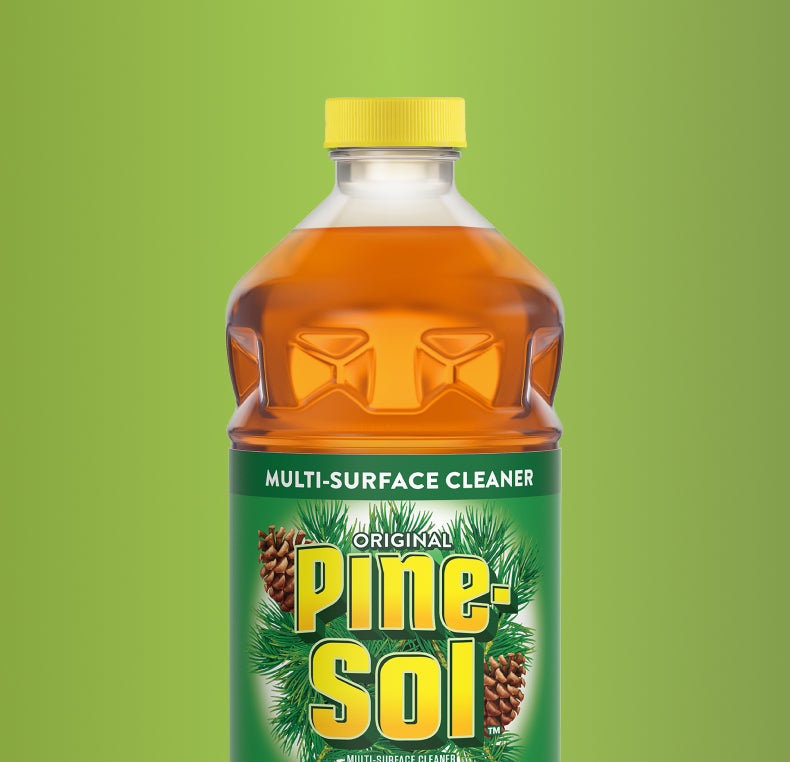
Introduction to Pine Sol
Overview of Pine Sol
Pine Sol is a popular household cleaning product that has been trusted for decades to tackle tough cleaning tasks. It is known for its distinctive pine scent, which adds a refreshing aroma to the cleaned surfaces.
The product is marketed as an all-purpose cleaner that can effectively remove dirt, grime, grease, and tough stains from various surfaces. Pine Sol is commonly used on floors, countertops, bathrooms, kitchens, and other areas that require a thorough cleaning.
Composition and ingredients
Pine Sol’s primary active ingredient is pine oil, which is derived from the needles and twigs of pine trees. This oil gives the product its characteristic aroma and cleaning power. In addition to pine oil, Pine Sol also contains cleaning agents, surfactants, and solvents that aid in the removal of dirt and stains.
It is important to note that Pine Sol comes in different formulations and scents, each with its own set of ingredients. While the pine oil content remains consistent, other ingredients may vary. Reading the product label and understanding the specific formulation is crucial in assessing its potential impact on septic systems.
Biodegradability of Pine Sol
Understanding biodegradability
Biodegradability refers to the ability of a substance to break down and decompose naturally over time by the action of microorganisms. Biodegradable substances are typically derived from renewable resources, such as plants, and do not persist in the environment, reducing their impact on ecosystems.
Biodegradability of Pine Sol
Pine Sol is generally considered biodegradable. Its main active ingredient, pine oil, is derived from natural sources and is classified as a biodegradable substance. When Pine Sol enters the environment, it will eventually break down into simpler compounds through microbial activity.
However, it is worth noting that the complete biodegradation of Pine Sol can depend on various factors, such as temperature, pH levels, and the presence of other substances. In the context of septic systems, the biodegradability of Pine Sol becomes particularly relevant, as its impact on the beneficial bacteria within the tank plays a significant role in wastewater treatment.
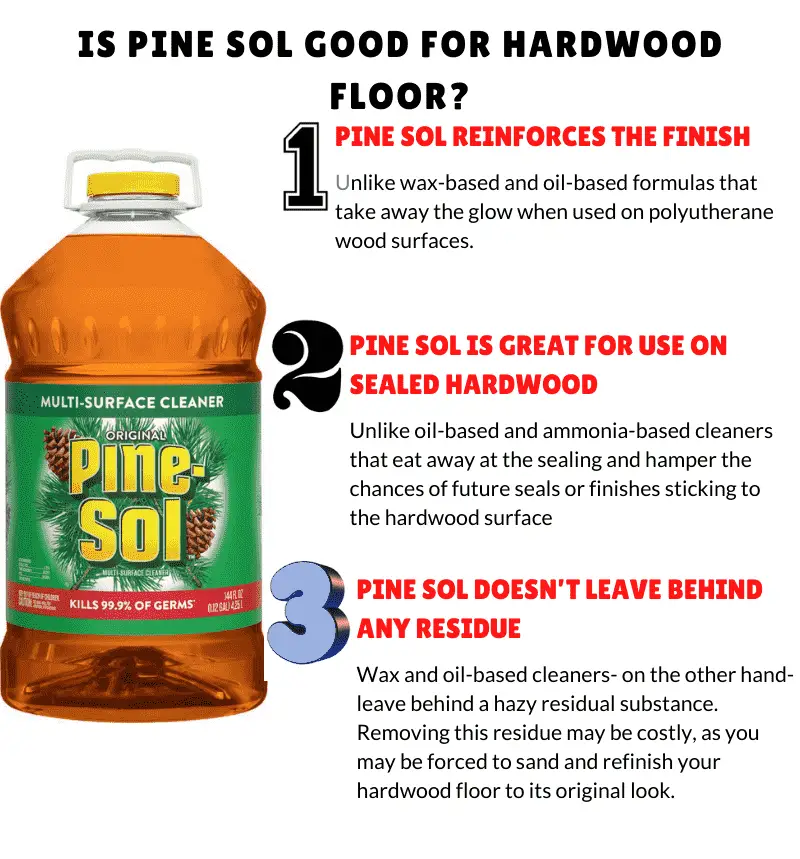
Effectiveness of Pine Sol as a Cleaner
Cleaning capabilities of Pine Sol
Pine Sol has gained a reputation as a powerful cleaner capable of tackling a wide range of cleaning tasks. Its effectiveness lies in its ability to cut through grease and grime, making it particularly suitable for cleaning kitchen surfaces, bathroom fixtures, and heavily soiled floors.
The product’s surfactants work by reducing the surface tension between the cleaning solution and the dirt, allowing it to be easily lifted off the surface. Additionally, the pine oil component provides an extra boost to the cleaning power, leaving behind a fresh scent.
Removal of germs and bacteria
In addition to its cleaning capabilities, Pine Sol is also known to have some germicidal properties. While it cannot be considered a registered disinfectant, several studies have suggested that pine oil exhibits antibacterial properties, potentially inhibiting the growth of certain bacteria. However, it is important to note that Pine Sol’s effectiveness against specific pathogens may vary, and it is always advisable to follow proper cleaning and disinfection protocols, especially in high-risk areas such as kitchens and bathrooms.
Pine Sol and its Impact on Septic Systems
Research on Pine Sol’s effect on septic tanks
Limited research has been conducted specifically on Pine Sol’s impact on septic systems. However, considering that Pine Sol is generally considered biodegradable, it is expected to have a less detrimental effect on septic tanks compared to some harsh chemical cleaners.
Assessment of Pine Sol’s impact on bacteria
The use of Pine Sol in septic systems can potentially disrupt the natural bacterial balance within the tank. While some bacteria may be resistant to the effects of Pine Sol, others may be negatively affected, leading to a decreased efficiency in wastewater treatment.
It is important to note that the effectiveness of Pine Sol as a cleaner does not make it a suitable replacement for proper septic system maintenance. Regular pumping, inspection, and avoiding excessive water usage and chemical inputs remain crucial for the long-term health of septic systems.
Potential issues and risks
Although Pine Sol is generally considered biodegradable and less harmful than some chemical cleaners, it is still advisable to exercise caution when using it in septic systems.
The use of large quantities of Pine Sol or concentrated solutions may overwhelm the tank’s bacterial populations, impairing their ability to break down waste effectively. Moreover, excessive use of Pine Sol or any cleaning product may introduce unnecessary chemicals into the septic system and potentially disrupt the delicate ecological balance.
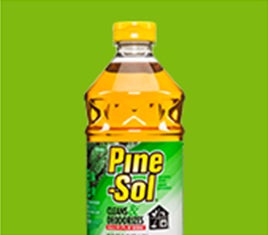
Alternatives to Pine Sol for Septic Tank Cleaning
Eco-friendly cleaning options
For those seeking alternative cleaning options that are environmentally friendly and septic-safe, several choices are available. Vinegar, baking soda, lemon juice, and hydrogen peroxide are all effective natural cleaners that can tackle various cleaning tasks without jeopardizing the septic system’s health.
Natural ingredients for homemade cleaners
Homemade cleaners can be made using simple ingredients such as vinegar, baking soda, and essential oils. These ingredients are gentle on septic systems while still providing effective cleaning power. Online resources and books offer numerous recipes for homemade cleaners that can be tailored to specific cleaning needs.
Commercial septic-safe cleaners
If homemade alternatives are not preferred, it is advisable to look for commercially available cleaners specifically labeled as septic-safe. These products are formulated to be gentle on septic systems while still effectively removing dirt and grime. Reading the product labels and selecting reputable brands is essential to ensure the safety and effectiveness of the chosen cleaner.
Best Practices for Septic Tank Maintenance
Regular pumping and inspection
To maintain the efficiency and longevity of septic systems, regular pumping and inspection are paramount. Pumping the septic tank every three to five years helps remove accumulated sludge and scum, preventing blockages and potential system failures. Regular inspections allow for the early detection of any issues or signs of malfunction, enabling timely repairs and avoiding costly damage.
Proper waste disposal
Proper waste disposal practices play a significant role in septic system maintenance. Avoid flushing non-biodegradable items such as wipes, diapers, sanitary products, and chemicals down the toilet or drains. These items can clog the system and disrupt its proper functioning. Opt for septic-safe toilet paper and encourage responsible waste disposal habits among household members to prevent unnecessary strain on the septic system.
Avoiding excessive chemical use
Minimizing the use of harsh chemicals and non-biodegradable substances is crucial for maintaining a healthy septic system. Opt for septic-safe cleaning products and be mindful of the cleaning agents used in daily routines. By reducing excessive chemical use, it is possible to preserve the delicate balance of the septic tank and ensure the efficient treatment of wastewater.
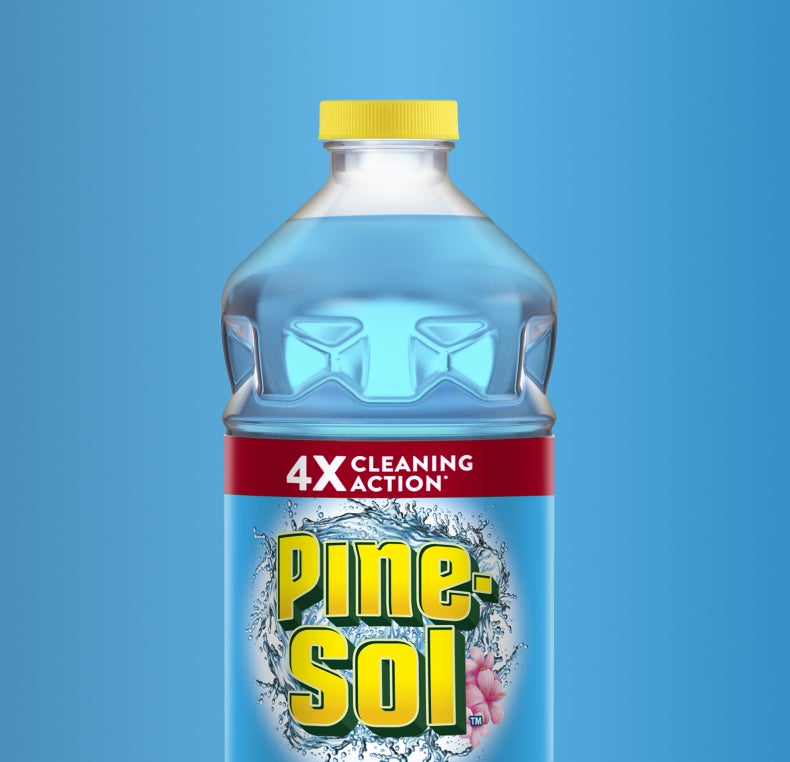
Guidelines for Using Pine Sol with Septic Tanks
Safe usage recommendations
When using Pine Sol with septic tanks, it is advisable to follow these safe usage recommendations:
-
Use Pine Sol in moderation: Avoid using excessive amounts of Pine Sol, as this can overwhelm the septic system and disrupt the natural bacterial balance.
-
Dilute Pine Sol properly: Follow the recommended dilution ratios provided on the packaging to ensure the solution is not overly concentrated.
-
Use septic-safe Pine Sol formulations: Select Pine Sol products specifically labeled as septic-safe, as they are formulated to have minimal impact on septic system performance.
Proper dilution ratios
To achieve proper dilution when using Pine Sol, follow the instructions provided on the product packaging. Dilution ratios may vary depending on the specific formulation and intended use of the product. Using the correct dilution ratios ensures the effective cleaning of surfaces while minimizing potential risks to septic systems.
Precautions to consider
It is important to take precautions when using Pine Sol around septic systems. Avoid directly pouring Pine Sol or any other cleaning product into toilets, drains, or sinks connected to the septic system. Instead, apply the cleaner directly to the surface being cleaned and dispose of any used cleaning solutions in the regular trash or through proper wastewater channels.
Additionally, it is advisable to consult with septic system professionals or local regulatory agencies for specific guidelines and recommendations tailored to your region and septic system type.
Conclusion
In conclusion, Pine Sol can be a valuable cleaning solution for various household surfaces due to its effectiveness and pleasant scent. While it is generally considered biodegradable and less harmful to septic systems than some chemical cleaners, caution should be exercised to minimize potential risks.
Proper septic system maintenance, including regular pumping, inspection, and responsible waste disposal, remains crucial. By following best practices and using septic-safe cleaners, such as Pine Sol formulations specifically labeled as septic-safe, it is possible to maintain a healthy and efficient septic system.
However, it is important to note that the impact of Pine Sol on septic systems can vary depending on factors such as product formulation, usage patterns, and the specific characteristics of the septic system. When in doubt, seeking professional advice from septic system experts can provide valuable guidance tailored to your specific needs. Ultimately, taking a proactive and environmentally conscious approach to septic system maintenance will contribute to its long-term health and functionality.
